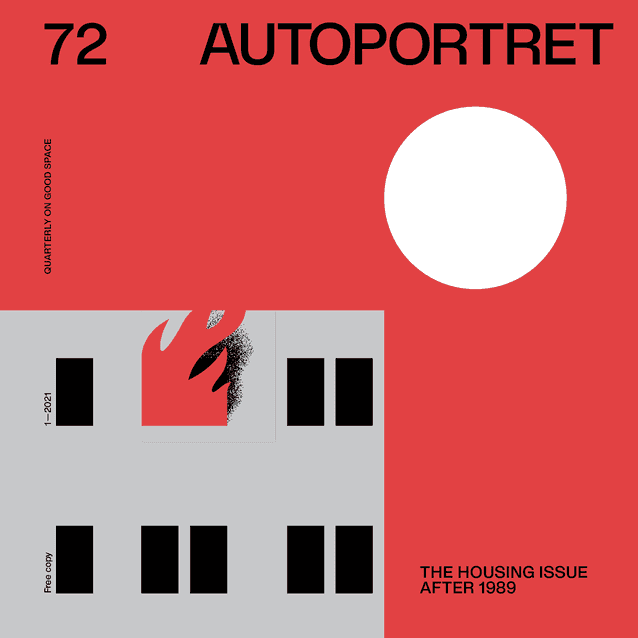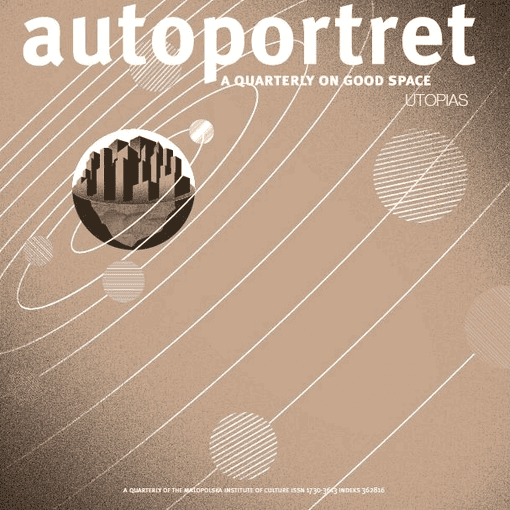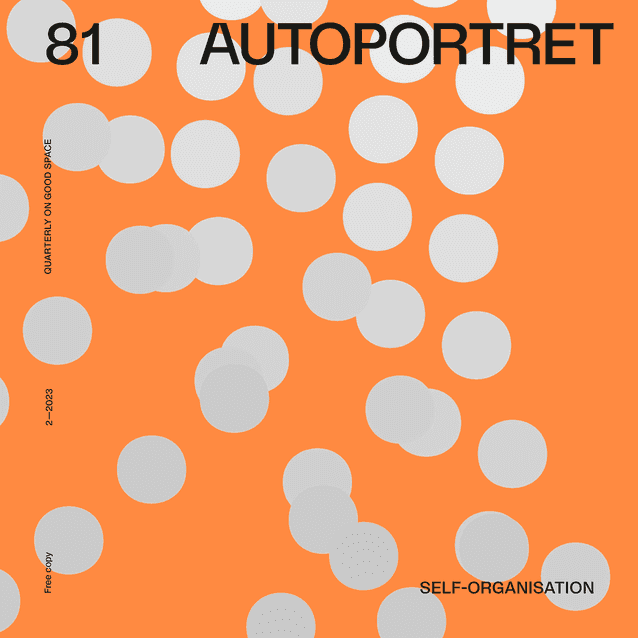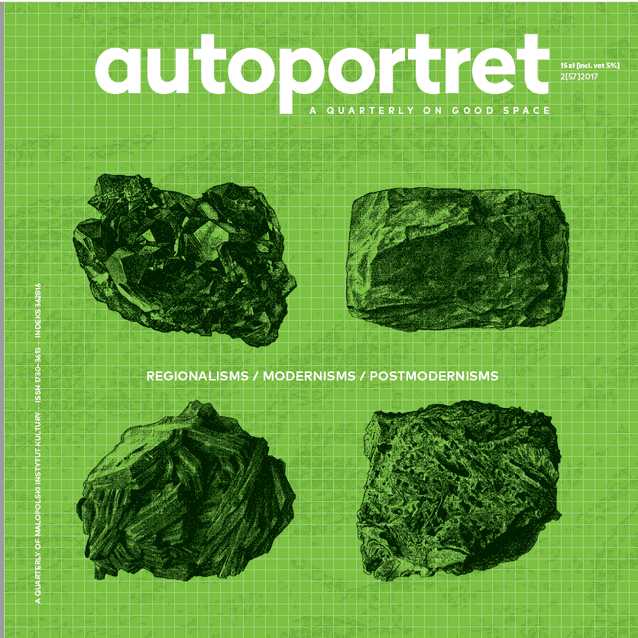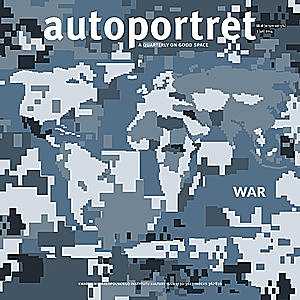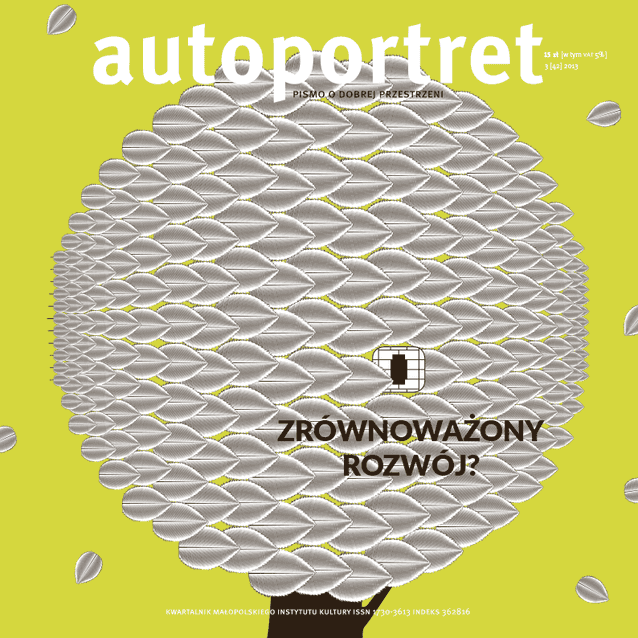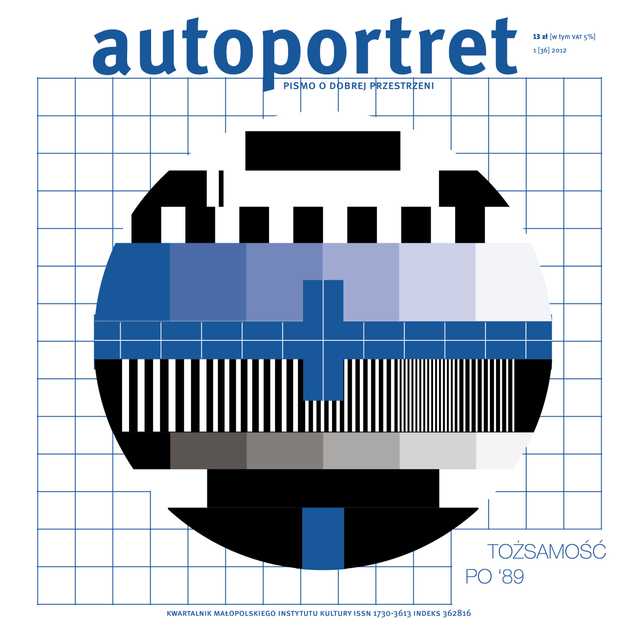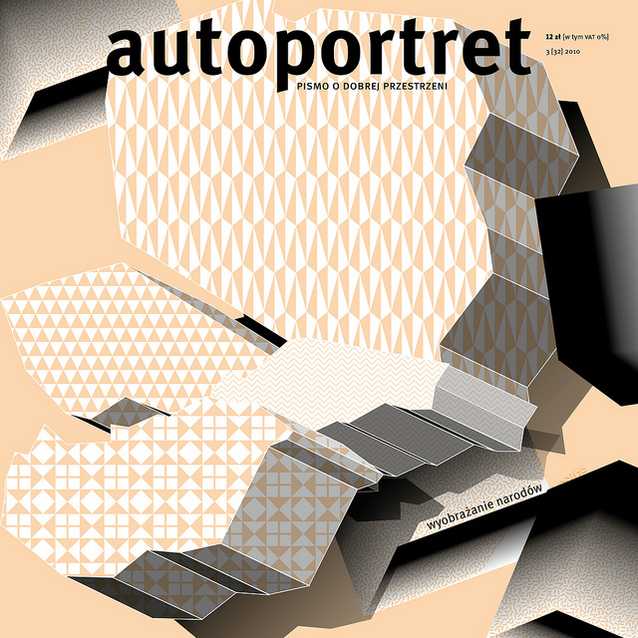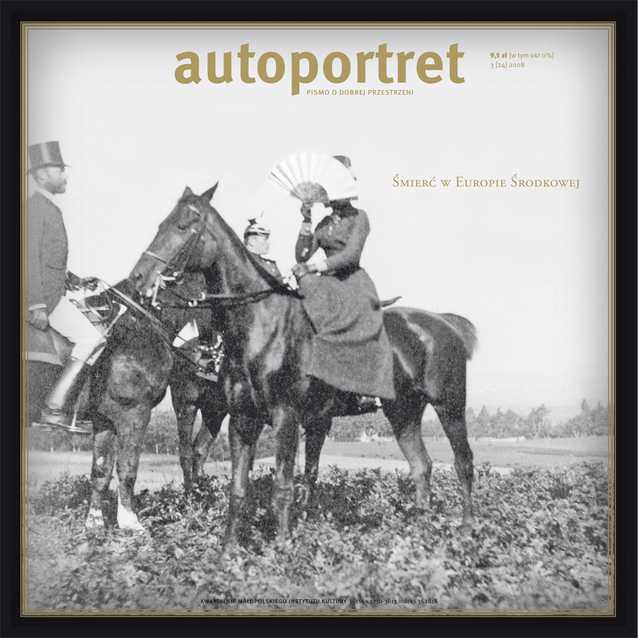We build projects continually. The word ‘project’ is present everywhere, it is a veritable plat du jour!: we invent, write down, put together, receive, implement and account for projects.
We improve the world – we take care of the rights of minorities, the socially excluded, the disabled, multiculturalism, and nature. However, the idea of building reality makes us shudder. We reject radicalism, systemic or uncompromising attitudes, imagination, courage. Our projects are contained within programmes and budgets. Nothing is left hanging in the air, there is no rush to redesign the world. We can speak of a crisis of utopian thinking. But we also say that utopian thinking itself was a manifestation of a crisis.
Let us look at several utopian images: optimistic, global and total visions of having control over space, time, body and mind. Utopia is a manifestation of the state of mind of self-confident humanity which is capable of breaking through limits, reaching beyond the horizon, discovering and colonising a new world, venturing beyond Earth’s orbit, conquering the universe. We can perceive this state of mind and intuitively identify it as utopian. It is a state that we fear so much that we stigmatise as utopian every daring plan of change that would interfere with the status quo.
Asked about the causes of the crisis, Zygmunt Bauman speaks of a shift in expectations. Today we tend to look for happiness in the private space, in a certain niche that we have appropriated from society. We rely on microutopias on our individual scale, on slow drainage of the system, doing small sacrifices (we do not eat meat, we do not drink coca-cola), and safely dissenting. We improve the world (on a local scale) but do not wish to repair it. Our numerous projects are not political, i.e. they do not aim to fight for power
or struggle with the authorities. Tadeusz Sławek writes that a considerable value of utopian projects is that they create space for radical critique of the existing situation. These activities are always reviled by the ruling system, as they question the status quo and propose an alternative to it. An abandonment of utopian thinking silences the voice of social and political dissent.
Interestingly, our (neoliberal) order is still based on promises and dreams – today perhaps more than ever. Images of idyllic, blissful places now fill holiday brochures, visions of good housing can be found in developers’ offers, the ideal city is embodied by shopping malls, and concepts of international solidarity and dialogue are part of mobile phone advertisements. The language of utopia has been taken over by the language of commercial and pre-election slogans; utopia has become a simulacrum of utopia.
If we recover its language, we may recover our voice.
